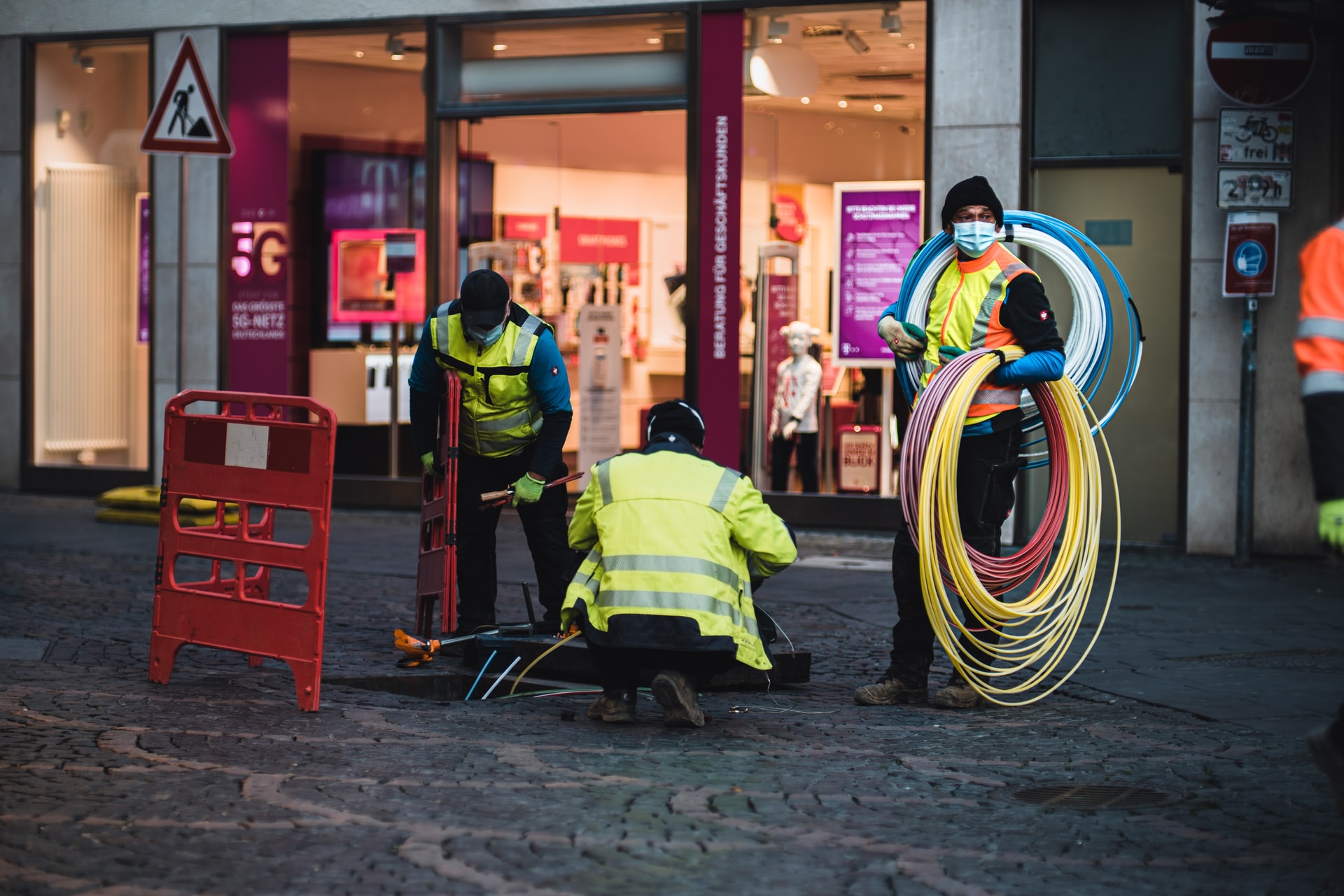The federal grants program that funded the Smart City Challenge is set to grow to $500 million under the recently passed Infrastructure Investment and Jobs Act, vastly expanding transportation innovation opportunities, reports, ‘government technology.’
The grants program awarded $40 million to Columbus, Ohio, in 2016 to launch the multi-year Smart Columbus electric vehicle expansion and the transportation equity program, which concluded last year. An extension of the project will now receive $500 million from the federal infrastructure package.
The overarching mission of Smart Columbus was a re-imagining of transportation across the 11-county region. It included injecting next-generation mobility technologies like electric autos, autonomous vehicles and 21st-century public transit into the community. It was a wide-ranging mission that insisted on collaborations across public, private and other segments.
The five-year Smart Columbus project came to its conclusion earlier this year. During its run, Smart Columbus took the lead in growing the adoption of electric vehicles, both among the driving public and the city’s fleet. A new smart parking system was launched, along with Pivot’s mobility-as-a-service app that puts various public- and private-sector modes within one app. An autonomous shuttle program was also launched, among other projects. All of these functioned within the newly designed Smart City Operating System.
The recently passed $1.2 trillion federal infrastructure package includes unprecedented funding for public transit, EV expansion and steps to address climate change—which is itself playing a more prominent role in the national consciousness than it did five years ago. The measure will send $90 billion to public transit and $13 billion for road safety, including some $6 billion for a new Safe Streets for All program to help communities of all sizes reduce crashes and fatalities, especially for people who walk and bike.
The new law will also fund 1,000 electric school buses, help to build out a national network of public chargers for electric vehicles and modernize the electric grid.
Source:






Comments